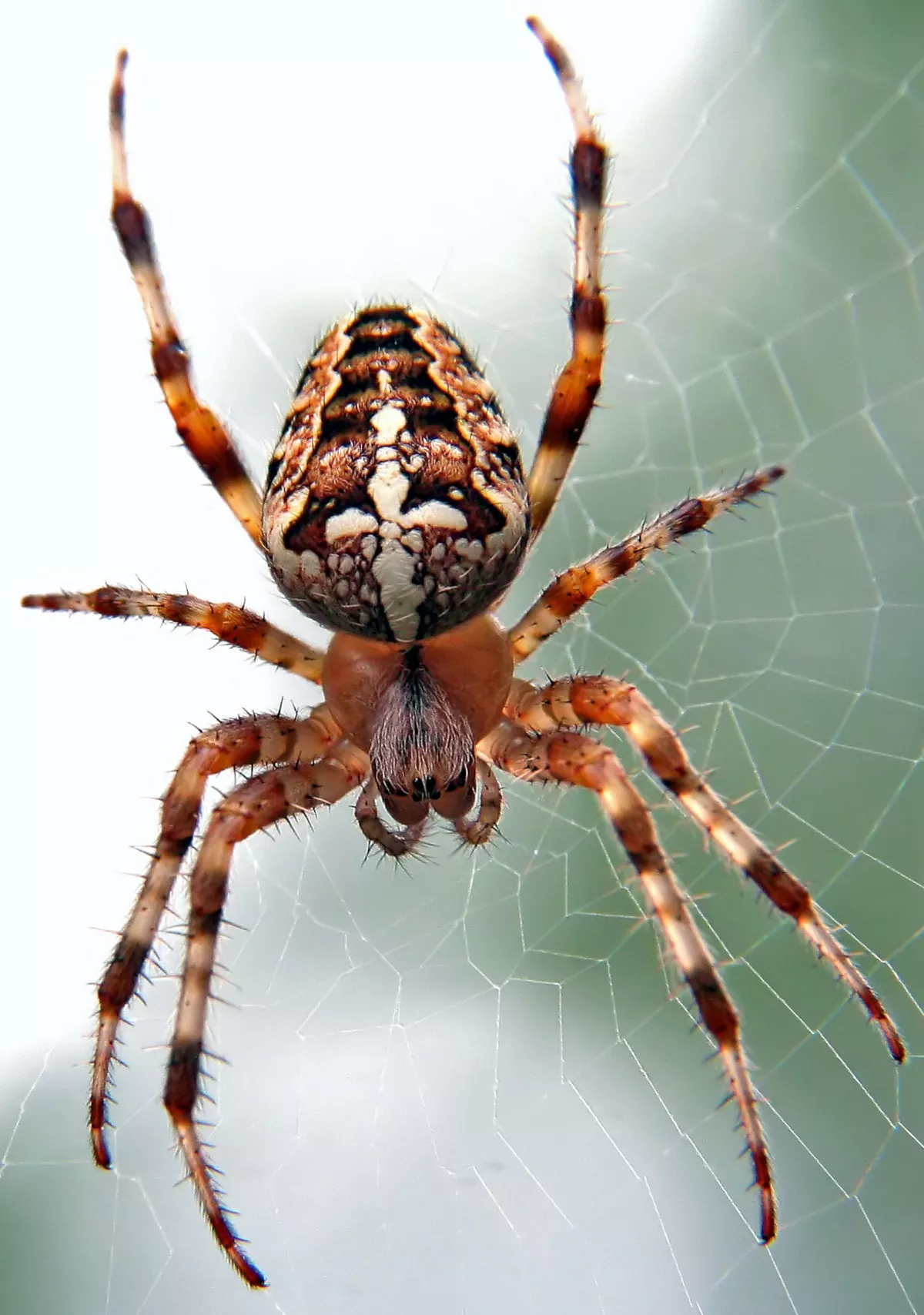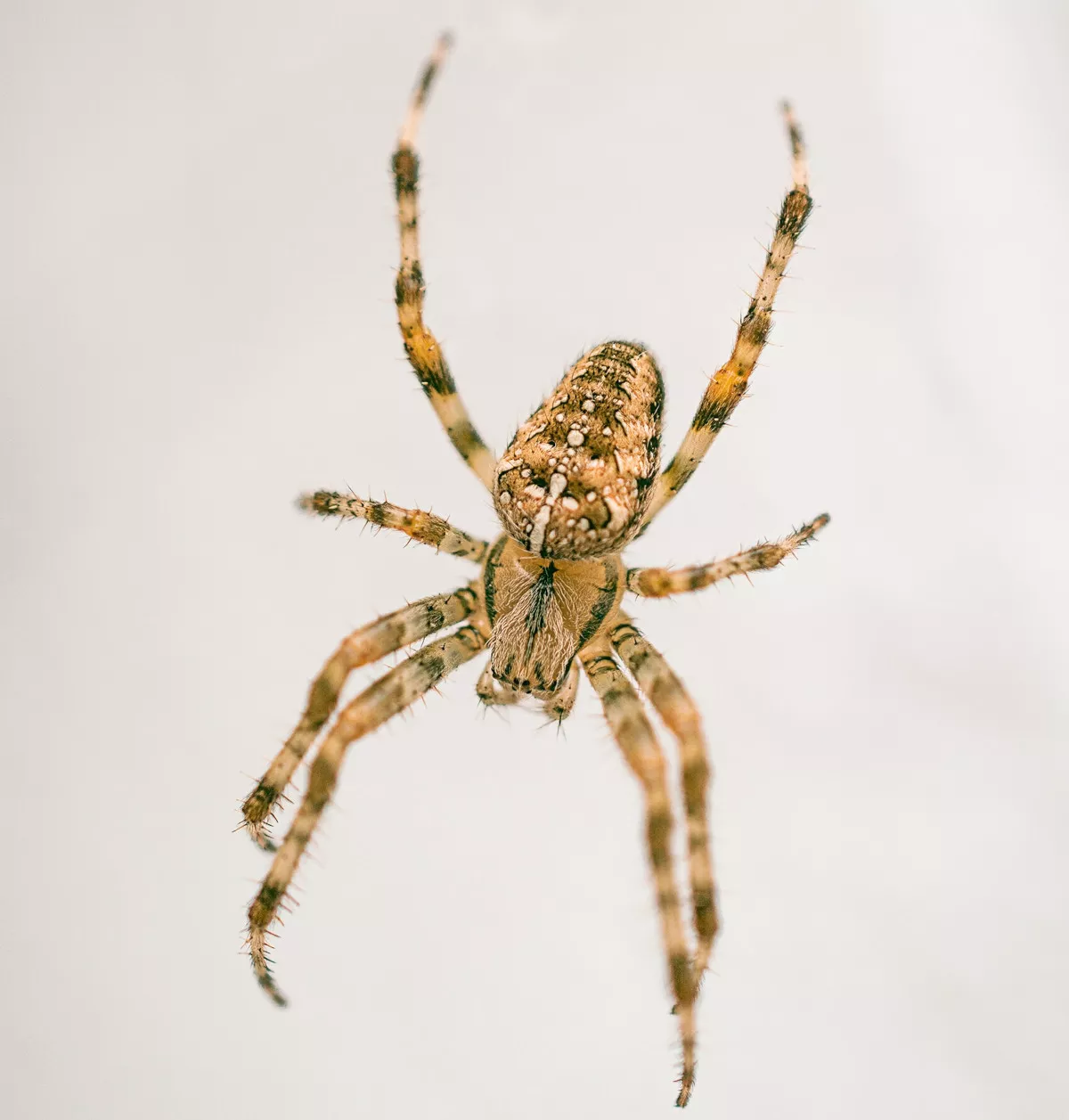How to keep spiders out of my tent (7 steps)
Table of contents
We all know that getting up close and personal with nature is one of the biggest perks of a camping trip.
...but sometimes, nature gets a little too personal...
Especially when we're talking about spiders in our tents.
Whether you're an arachnophobe or simply value your personal space, this guide will help you keep these eight-legged visitors at bay.
Understanding Why Spiders Might Want to Get in Your Tent
Before we dive into keeping spiders out, let's first understand why they might want to invade your tent in the first place. Contrary to popular belief, spiders aren't usually drawn to tents because they want to bother us. In fact, there are a few reasons why your tent might seem appealing to them:
-
Seeking Shelter: Spiders, like any creatures, need protection from the elements and predators. Your tent, being a safe and covered space, is a perfect refuge for them.
-
In Search of Food: Spiders are nature's insect controllers. If your tent or campsite attracts other insects (due to food, light, etc.), spiders might enter your tent to hunt.
-
Accidental Tourists: Sometimes, spiders simply wander in by accident while exploring or following their prey.
Understanding these reasons can help you adjust your camping habits to make your tent less attractive to spiders.

Getting to Know Your Eight-Legged Neighbors
Camping across the US and Europe, you're likely to encounter a variety of spider species. It's important to remember that most of these are harmless to humans. However, there are a few exceptions that you should be aware of:
In the United States:
-
Brown Recluse: Found mainly in the southern/central states, this spider is known for its violin-shaped mark on its back. Its bite can cause serious illness and requires medical attention.
-
Black Widow: These spiders are identified by the red hourglass mark on their abdomen. Mostly found in the southern and western states, their bites are painful and can cause severe muscle cramps, but are rarely fatal.
In Europe:
-
False Widow: Found in the UK, this spider's bite is not life-threatening but can be painful and cause swelling and discomfort.
-
Mediterranean Black Widow: Found in Mediterranean countries, it is similar to the Black Widow in the US. Its bite can cause severe pain and muscle cramps.
It's important to note that even these "dangerous" spiders are not typically aggressive and will only bite in self-defense. If you see these spiders near your campsite, just give them space. If you're bitten, try to take a picture or safely capture the spider for identification and seek medical help immediately.
Having a basic understanding of the spiders you may encounter can ease your camping anxieties and equip you to handle potential spider encounters appropriately.
How to keep spiders out

Step 1: Choose the Right Camping Spot
Selecting the right camping spot can have a huge impact on the likelihood of spiders deciding to join you in your tent. Avoid pitching your tent near bushes, trees, or piles of wood, as these are favorite spots for spiders to hang out. Spiders love the dark and damp areas, so try to pick a sunny and dry spot if you can.
Step 2: Keep Your Tent Zipped Up
An open tent is like an open invitation for spiders and other creepy crawlies. Be sure to keep your tent door zipped up whenever you're not using it, even if you're just stepping away for a moment. It only takes a moment for a curious spider to venture inside.
Step 3: Check Your Gear
Before you unpack your camping gear into your tent, check it thoroughly. Spiders can hide in the folds of your sleeping bag, your boots, or even in the crevices of your camping stove. A quick check can save you from some unexpected roommates. Check your tent for holes, you can always your some duct tape to seal any slight tears or small holes that have appeared.
Step 4: Use Natural Spider Deterrents
Believe it or not, there are some natural spider deterrents that you can use to help keep your tent spider-free. Certain essential oils, like lavender, peppermint, and tea tree, are known to repel spiders. Just make sure to use them sparingly, as strong smells can attract other unwanted guests, like bears.
Step 5: Keep Your Campsite Clean
Spiders are attracted to food scraps and waste, so keeping your campsite clean is crucial. Keep all food sealed and packed away when not in use, clean up any crumbs or spills promptly, and ensure you're disposing of all waste in airtight containers or designated disposal areas - you don't want spiders to see your tent as a food source.
Step 6: Consider a Bug-Proof Tent
If you're a frequent camper and spiders are a constant issue, it might be worth investing in a bug-proof tent. A lot of tents have a fine mesh or mosquito net to prevent spiders and other bugs from getting in whilst still allowing you to have some air flow.
Step 7: Embrace the Spiders
We get it, spiders can be a little creepy. But remember, they're an important part of the ecosystem and they're more afraid of you than you are of them. Most spiders you encounter while camping are harmless and would rather run away than confront you. Embrace the spiders, enjoy the great outdoors, and remember, a spider is just another camper, trying to enjoy the great outdoors like you!
Camping is all about getting back to nature, and spiders are part of that experience.
If you follow these tips you'll minimize the likelihood of having spiders in your tent. Happy camping!